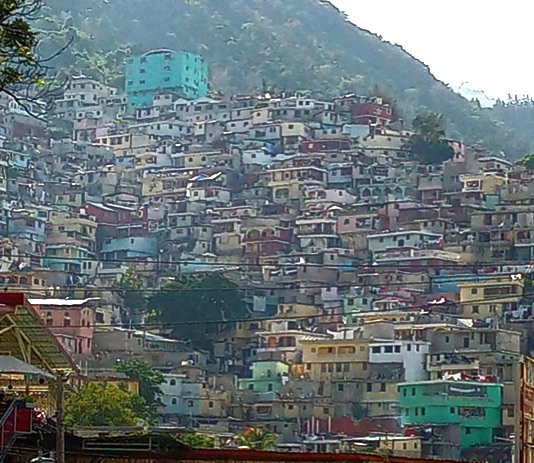

By Alberto Calvi –
To help Haiti deal with the political, economic and security crisis, Canada and the United States have sent security equipment, including tactical and armored vehicles. Cases of cholera have surged in Haiti, a quarter of them among young children, as violence is concentrated in areas where access is becoming more difficult. There have been more than 560 suspected cholera cases, about 300 hospitalizations and at least 35 deaths, numbers experts warn could be higher than reported.
The two North American countries have also sent support to police forces to deal with political unrest and an alliance of criminal gangs blocking the supply of diesel and petrol.
The main gangs in the country are the G9 an fanmi and the alye gang, a coalition of nine Haitian gangs based in Port-au-Prince, affiliated with the ruling Haitian party PHTK (Parti Haïtien Tèt Kale) and its rival G-PEP. , which is widely supported by PHTK’s political opponents. Other rival gangs: Chen Mechan and 400 Maoso, mainly dedicated to kidnappings.
The American and Canadian equipment arrived after members of one of the country’s powerful gangs surrounded a fuel depot and demanded the resignation of Prime Minister Ariel Henry. Protesters have since blocked the streets of the Caribbean country’s major cities to protest against the steep rise in fuel prices.
The security situation in Haiti deteriorated following the assassination of President Jovenel Moise in July 2021, sparking an unprecedented wave of violence. Almost 60 percent of the capital, Port-au-Prince, may now be under gang control.